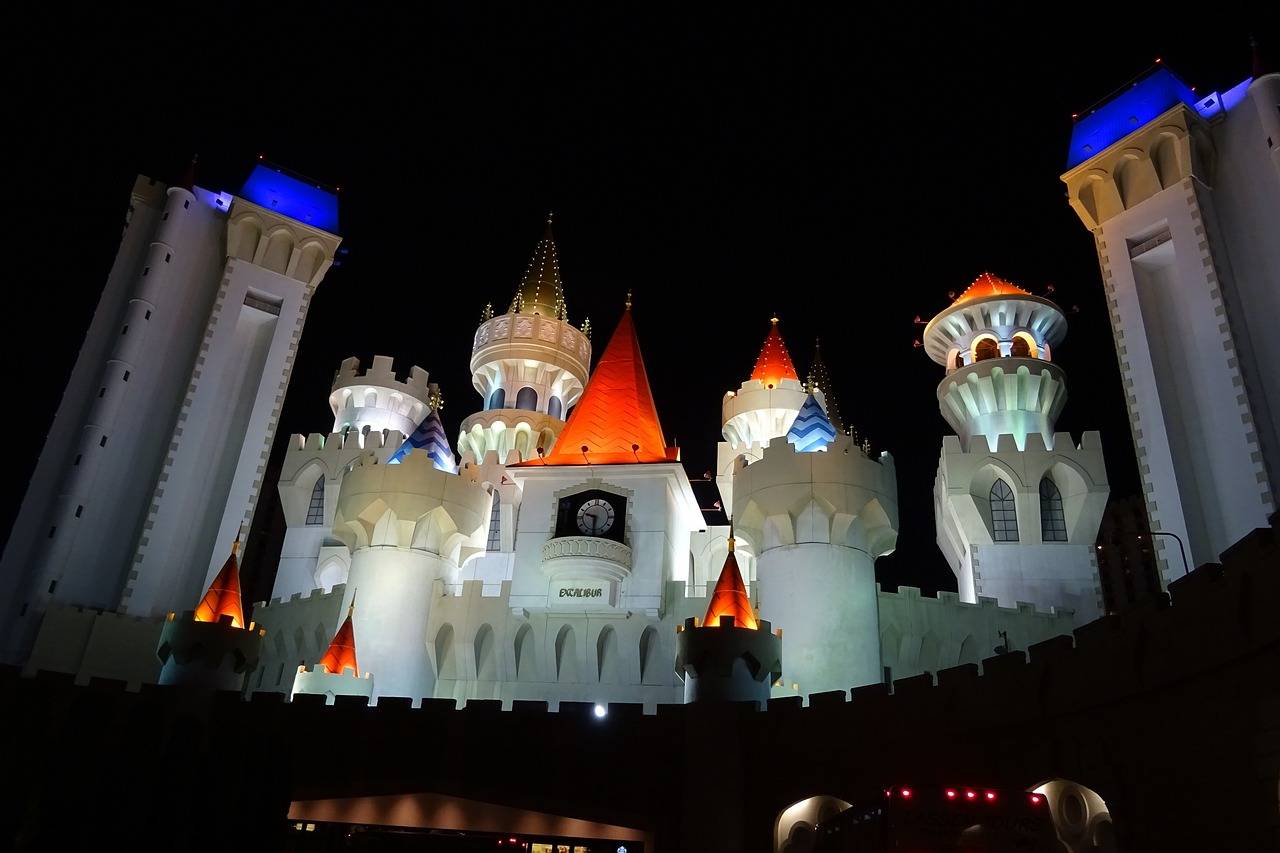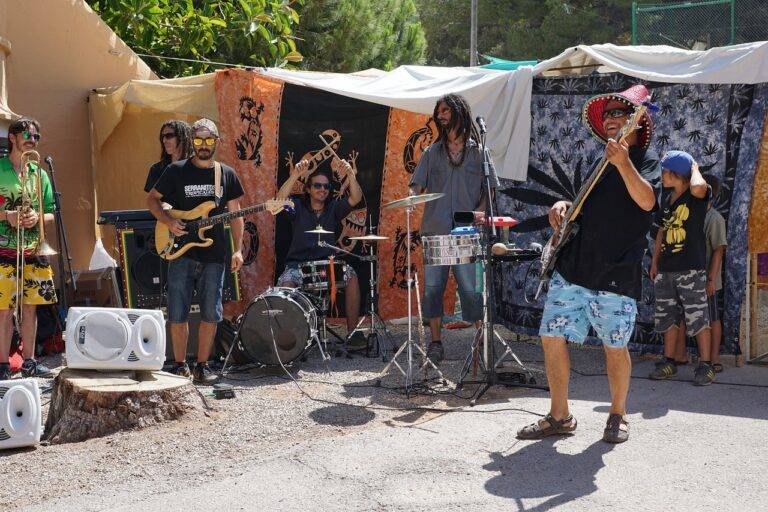Exploring the Intersection of Music and Politics: How Artists Influence Society
Protest songs have long served as a powerful vehicle for social change, resonating with audiences and inspiring action across diverse movements throughout history. From the folk tunes of the civil rights era to the anthems of the anti-war movement, music has played a central role in amplifying the voices of marginalized communities and challenging the status quo. These songs have united people in their shared struggles and provided a soundtrack for resistance and resilience in the face of adversity.
Through their emotive lyrics and stirring melodies, protest songs have the ability to evoke strong emotions and convey potent messages that transcend language barriers. By capturing the essence of social injustices and political unrest, these songs have the power to mobilize individuals, raise awareness, and ultimately shape the course of history. As a form of artistic expression, protest songs have the capacity to galvanize movements, invigorate activism, and leave a lasting impact on both the cultural landscape and the collective consciousness of society.
Music as a Tool for Political Messaging
Music has long been recognized as a powerful medium for conveying political messages and stirring emotions among the masses. Through lyrics that speak to the struggles and triumphs of various social movements, musicians have played a vital role in shaping public opinion and catalyzing change. From Bob Dylan’s iconic protest songs of the 1960s to Kendrick Lamar’s poignant reflections on racial inequality, music has served as a platform for artists to amplify the voices of the marginalized and challenge the status quo.
In many instances, music has been used as a form of protest against oppressive systems and acts as a unifying force that transcends language barriers. Artists like Nina Simone and Woody Guthrie used their music to speak out against racial segregation and economic injustice, inspiring generations of activists to continue the fight for equality. By harnessing the universal language of music, political messages are able to resonate on a deeply emotional level, fostering a sense of solidarity and collective action among listeners who may be geographically and culturally diverse.
How have protest songs historically impacted social movements?
Protest songs have historically played a significant role in social movements by serving as a powerful tool for spreading political messages and rallying support for various causes.
How can music be used as a tool for political messaging?
Music can be used as a tool for political messaging by incorporating lyrics that convey specific political messages, using music videos to visually depict political themes, and organizing concerts or events to raise awareness for political causes.
Can music influence public opinion on political issues?
Yes, music has the power to influence public opinion on political issues by appealing to emotions, conveying powerful messages, and reaching a wide audience.
Are there any recent examples of music being used for political messaging?
Yes, there have been many recent examples of music being used for political messaging, such as artists releasing songs in response to current events, using their platforms to advocate for social justice, and participating in political campaigns.
How can individuals use music to support political causes?
Individuals can use music to support political causes by creating or sharing protest songs, organizing benefit concerts to raise funds for political organizations, and using music as a platform to raise awareness for important issues.





